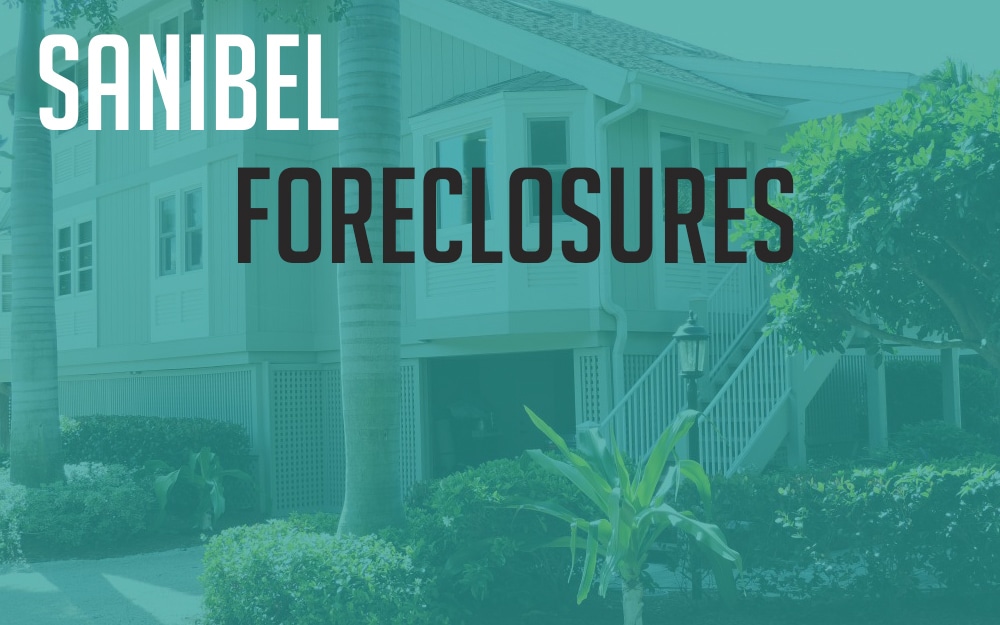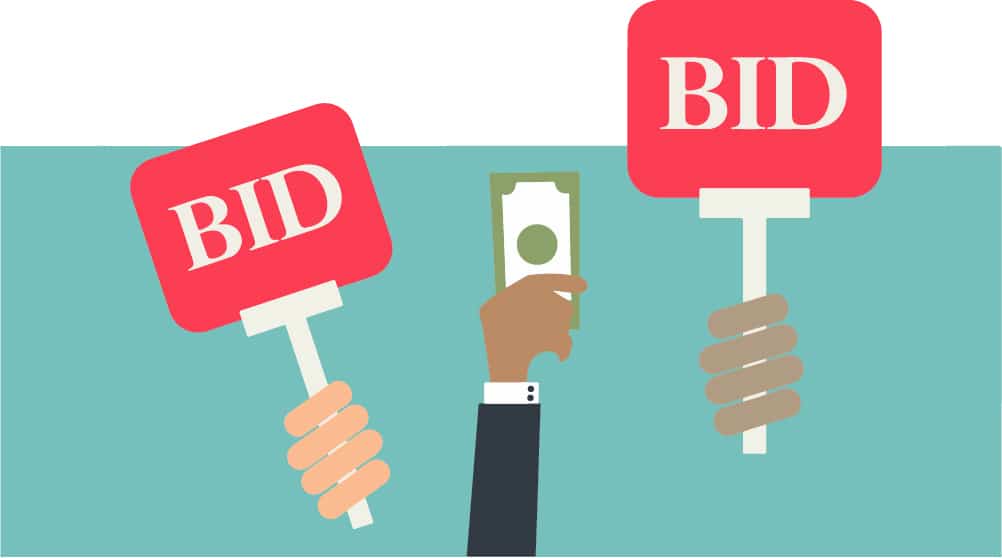Are there ever foreclosures on Sanibel Island?
Yes, but only occasionally. And it’s rare to have more than one or two Sanibel foreclosures on the market at the same time. Why? Many Sanibel homes are owned outright with no mortgage. Also, Sanibel was insulated from the previous speculative building boom, keeping more of our buyers as the occupants or cash flow investors. Even in the worst of the market downturn, we saw fewer foreclosures than other areas of Florida.
Read below to find out more on Sanibel Foreclosures…
What properties are currently listed as a foreclosure on Sanibel?
Sometimes foreclosure information on the web can be misleading. Some other real estate sites will show homes that are in a ‘pre-foreclosure’ status. We occasionally receive calls from potential homebuyers asking about a specific Sanibel foreclosure they found on the web. Almost always this turns out to be a property in some pre-foreclosure state. Seldom do these properties actually become bank-owned properties for sale.
Here is a link to all Sanibel foreclosures in our local MLS:
(at the time of this writing, 8/11/18, there are no Sanibel foreclosures or short sales in the MLS)
Click here to see Sanibel Foreclosure properties.
Can Realtors® help buyers with Sanibel foreclosures and short sales?
Yes. The only part of the foreclosure process where agents are NOT involved is the auction or Trustee Sale. A short sale or foreclosure listed in the Multiple Listing Service (MLS) is handled the same as any other residential transaction. However, the closing process could take longer than the typical time period for non-foreclosed properties. Speak with your agent regarding the specific circumstances of the short sale or foreclosed property in which you are interested.
Can you finance a Sanibel foreclosure?
Yes, but it’s not always easy. Lending institutions have restrictions that usually require the purchased property to be in good living condition. This isn’t always the case with bank-owned properties, and usually, the bank selling the property is unwilling to make the repairs needed to pass your lender’s requirements. One way around this is catch-22 is obtaining a 203(k) loan, which allows you to finance a fixer-upper with one long-term loan. Click here to learn more about the 203(k) Rehab Mortgage Insurance.
What is a foreclosure anyway?
With a foreclosure, the mortgage lender repossesses the property as a collection for unpaid debts. In this process, the home becomes the property of the lending bank or company, which then tries to sell the property at auction, also known as a Trustee Sale.
What is REO?
If a bank is unsuccessful in selling a property at auction, they maintain possession of the property and will put the home back on the market using a real estate agent of their choice. The property is “real estate owned” by the bank, hence the term REO. Generally, lenders do not make improvements to the home during this process. The home is usually sold “as is,” unless there are safety hazards involved.
What is a short sale?
A short sale occurs when a mortgage lender allows the homeowner to sell their property for less than what’s owed on the mortgage. This happens when the borrower is under financial stress, and/or the market has experienced a decline in property value from when the owner purchased the home.
Click here to see all Sanibel Short Sale properties
Tips for short sales, auctions and foreclosures.
Act fast. At auction, you must pay for the property in full with cash. Even if a property doesn’t sell at auction, when the property hits the market as a foreclosure, it will get the attention of cash investors around the world. With that said, most of our island foreclosures go to local investors who are familiar with the property and real estate here in SWFL.


